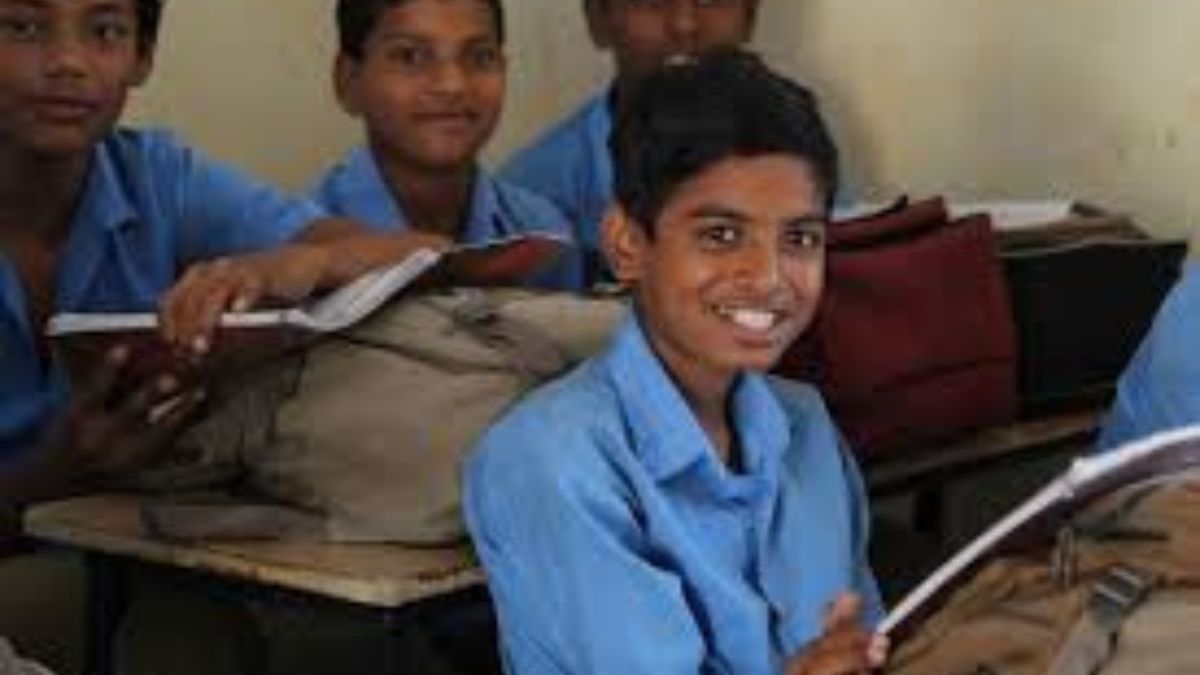NEP 2020: The state government of Maharashtra has introduced a new curriculum framework for the foundational stage of education, emphasizing the use of a child's mother tongue as the primary medium of instruction. The curriculum emphasises interactive activities and exploration, with the goal of having students read and write clearly by class three.
The foundation stage covers children of age 3 to 8 years which includes three years of pre-primary and classes 1 and 2. Concerns have been raised, however, about the implementation of multiple languages and the lack of a more independent curriculum framework. It also emphasises student nutrition and health.
SCF based on the recommendations of the National Curriculum Framework
The State Council for Education Research and Training (SCERT), tasked with preparing the State Curricular Framework (SCF) based on the recommendations of the NCF (National Curriculum Framework), has readied its draft for the foundational stage. The proposed draft has been made public inviting feedback from stakeholders, before final approval.
According to the SCF, learning in the mother tongue is more effective than understanding newer concepts in a language at that age. However, it acknowledges the unavailability of teachers in all languages and proposes a novel scheme of “mobile teachers” with knowledge of local spoken language.
As per SCF-FS, the pre-primary section should not be for more than 3 hours 10 minutes a day and classes 1 and 2 should be no more than five hours a day. With the inclusion of Early Childhood Care and Education (ECCE), which would cover anganwadis active in the state, the SCF also includes the importance of nutrition for kids.
Safety of Children
The curriculum framework for the foundational stage also includes the safety of children as a part of additional critical areas. It encourages teachers to be aware of acts such as the Protection of Children from Sexual offences (POCSO) Act and its importance. It also suggests steps to ensure the physical, and emotional safety of children along with providing training on good-touch and bad-touch at the foundational stage.

Comments
All Comments (0)
Join the conversation